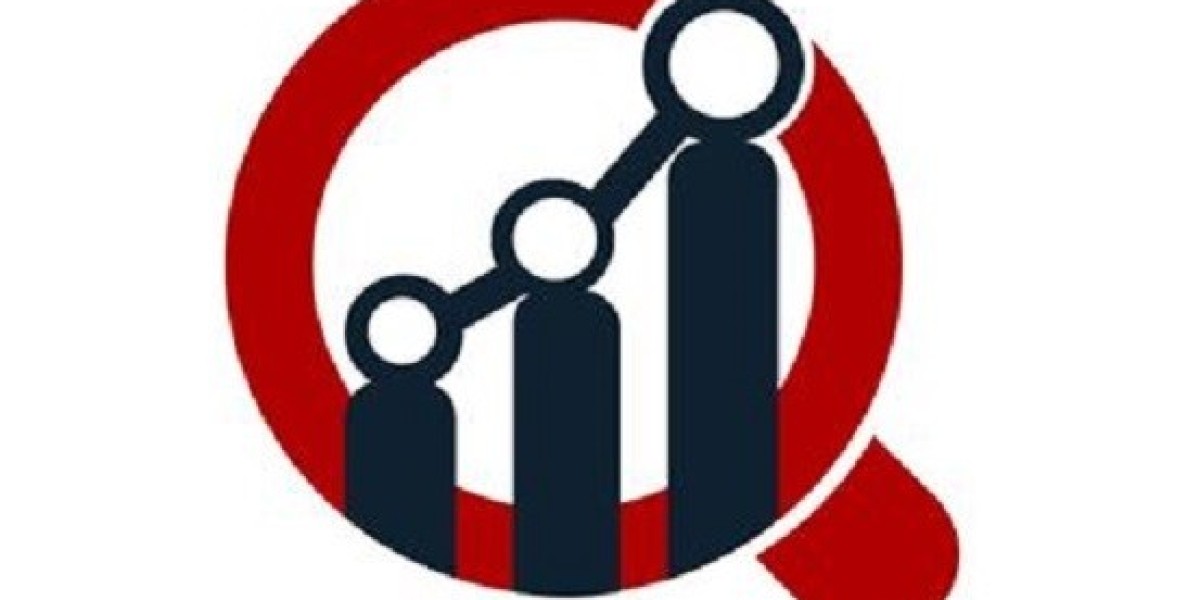The Germany Liquid Biopsy Market is a rapidly evolving and strategically important sector within the nation's highly advanced healthcare and diagnostics industry. Liquid biopsy represents a groundbreaking approach in oncology, offering a minimally invasive alternative to traditional tissue biopsies for cancer detection, monitoring, and treatment guidance. This cutting-edge technology involves analyzing cancer-related biomarkers—such as circulating tumor DNA (ctDNA), circulating tumor cells (CTCs), extracellular vesicles, and circulating proteins—from easily accessible bodily fluids like blood (most common), urine, or saliva. These analyses provide real-time insights into disease progression, treatment response, the emergence of drug resistance, and the identification of genetic mutations without the need for invasive surgical procedures.
The market encompasses various technologies, including Next-Generation Sequencing (NGS), Droplet Digital PCR (ddPCR), and microfluidic technologies, each optimized for different types of biomarker analysis and clinical applications. Driven by the increasing global and national prevalence of cancer, continuous technological advancements in cancer diagnostics, and a growing patient and clinician preference for less invasive diagnostic methods, the German liquid biopsy market is experiencing significant expansion. It plays a pivotal role in enabling earlier cancer detection, facilitating more personalized treatment decisions, and enhancing the monitoring of therapeutic efficacy, thereby contributing significantly to improved patient outcomes and the advancement of precision oncology within Germany's robust healthcare system.
Latest Innovations in the Germany Liquid Biopsy Market
The Germany Liquid Biopsy Market is experiencing a wave of transformative innovations, continuously pushing the boundaries of cancer diagnostics and personalized medicine. One of the most significant advancements is the increasing sophistication of biomarker detection technologies. While circulating tumor DNA (ctDNA) remains a dominant biomarker, there is immense innovation in detecting other cancer-related components like circulating tumor cells (CTCs), exosomes/microvesicles, and circulating proteins. New platforms are emerging that can simultaneously analyze multiple types of biomarkers from a single liquid biopsy sample, providing a more comprehensive and dynamic molecular profile of a patient's tumor. This multi-analyte approach enhances the sensitivity and specificity of liquid biopsy tests, making them more powerful tools for cancer management.
Another crucial area of innovation lies in the development of highly sensitive and specific analytical platforms. Next-Generation Sequencing (NGS) based tests are continually evolving, offering deeper sequencing capabilities and broader genomic profiling to identify an extensive range of mutations, copy number variations, and gene fusions, even at very low concentrations. Furthermore, Droplet Digital PCR (ddPCR) is gaining traction for its unparalleled sensitivity in detecting low-abundance mutations, making it ideal for monitoring minimal residual disease (MRD) after treatment and detecting early signs of recurrence. Microfluidic technologies are also seeing significant innovation, improving the efficiency and purity of isolating rare biomarkers like CTCs for detailed molecular analysis.
There is a noticeable trend towards the development of multi-cancer early detection (MCED) tests. These groundbreaking innovations aim to screen for multiple cancer types simultaneously from a single blood draw, offering the potential to detect cancers at their earliest, most treatable stages, often before symptoms appear. This represents a paradigm shift from traditional single-cancer screening methods. Furthermore, innovations are focused on improving the clinical utility and reimbursement scenarios for liquid biopsy tests. German companies and research institutions are actively engaged in clinical trials to validate the efficacy of these tests for various applications, including therapy selection, treatment monitoring, and recurrence surveillance. Strategic partnerships between diagnostic companies, pharmaceutical firms, and healthcare providers are also driving the development of companion diagnostics based on liquid biopsy results, enabling targeted therapy selection.
Lastly, there's an increasing emphasis on software and bioinformatics solutions to interpret the vast amounts of data generated by liquid biopsy tests. Innovative algorithms and AI-powered platforms are making data analysis more efficient and actionable for clinicians. These continuous innovations collectively underscore the dynamic nature of the Germany Liquid Biopsy Market, promising a future with earlier, less invasive, and more precise cancer diagnostics.
Key Drivers Propelling Market Expansion
The Germany Liquid Biopsy Market is experiencing significant and accelerating growth, propelled by several pivotal underlying factors that are fundamentally transforming cancer diagnostics and patient management. A primary and profoundly influential driver is the growing prevalence of cancer across Germany. As cancer incidence rates continue to rise due to factors like an aging population and lifestyle changes, there is an urgent and continuous demand for advanced diagnostic tools that can facilitate early detection, guide treatment decisions, and monitor disease progression. Liquid biopsy, being a non-invasive alternative, offers a compelling solution to meet this escalating need.
Secondly, technological advancements in cancer diagnostics are a major and continuous catalyst for market expansion. The rapid evolution of molecular testing techniques, such as Next-Generation Sequencing (NGS) and Droplet Digital PCR (ddPCR), has dramatically improved the sensitivity and specificity of liquid biopsy assays. These innovations enable the detection of minute quantities of circulating tumor DNA (ctDNA) and other biomarkers, even in early-stage cancers, leading to more accurate diagnoses and better patient stratification for targeted therapies.
Furthermore, the increasing preference for minimally invasive cancer diagnostics among both patients and clinicians is a significant factor. Traditional tissue biopsies are invasive, carry risks, and can be painful. Liquid biopsies, requiring only a blood draw, offer a less burdensome and safer alternative, particularly for patients who are too frail for surgery or when multiple biopsies are needed over time to monitor treatment response or disease progression. This patient-centric approach strongly fuels adoption.
The growing utility of liquid biopsy in various clinical applications also plays a crucial role. Beyond initial diagnosis, liquid biopsy is increasingly being utilized for therapy selection, identifying specific genetic mutations that predict response to targeted drugs. It is also invaluable for treatment monitoring, allowing clinicians to track tumor evolution and the emergence of drug resistance in real-time, enabling timely adjustments to therapy. Moreover, its potential for early cancer screening and recurrence monitoring, particularly for patients in remission, is a powerful driver for future growth.
Additionally, government support and favorable reimbursement scenarios are crucial. German regulatory bodies and healthcare payers are increasingly recognizing the clinical utility and cost-effectiveness of liquid biopsy tests, leading to improved reimbursement policies. This support reduces the financial burden on patients and healthcare systems, thereby accelerating adoption. The active involvement of key players in the German market, including collaborations between research institutions, diagnostic companies, and pharmaceutical firms, further drives innovation and market penetration. These comprehensive factors collectively underscore the dynamic expansion of the Germany Liquid Biopsy Market, solidifying its integral role in the future of precision oncology.
About Market Research Future (MRFR)
Market Research Future (MRFR) is a global market research firm that provides comprehensive insights into market trends, drivers, challenges, and opportunities. We offer a broad range of market intelligence reports and consulting services to help businesses and enterprises in various industries make informed decisions
Media Contact:
Market Research Future (MRFR)
Phone: +1-646-845-9312
Email: contact@marketresearchfuture.com
Website: marketresearchfuture





